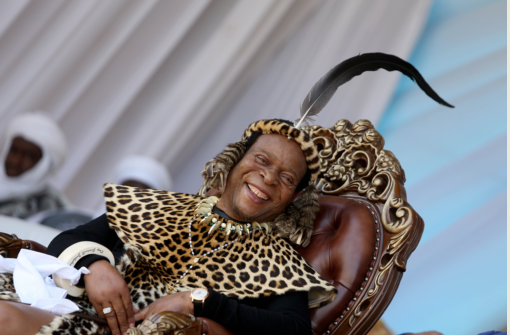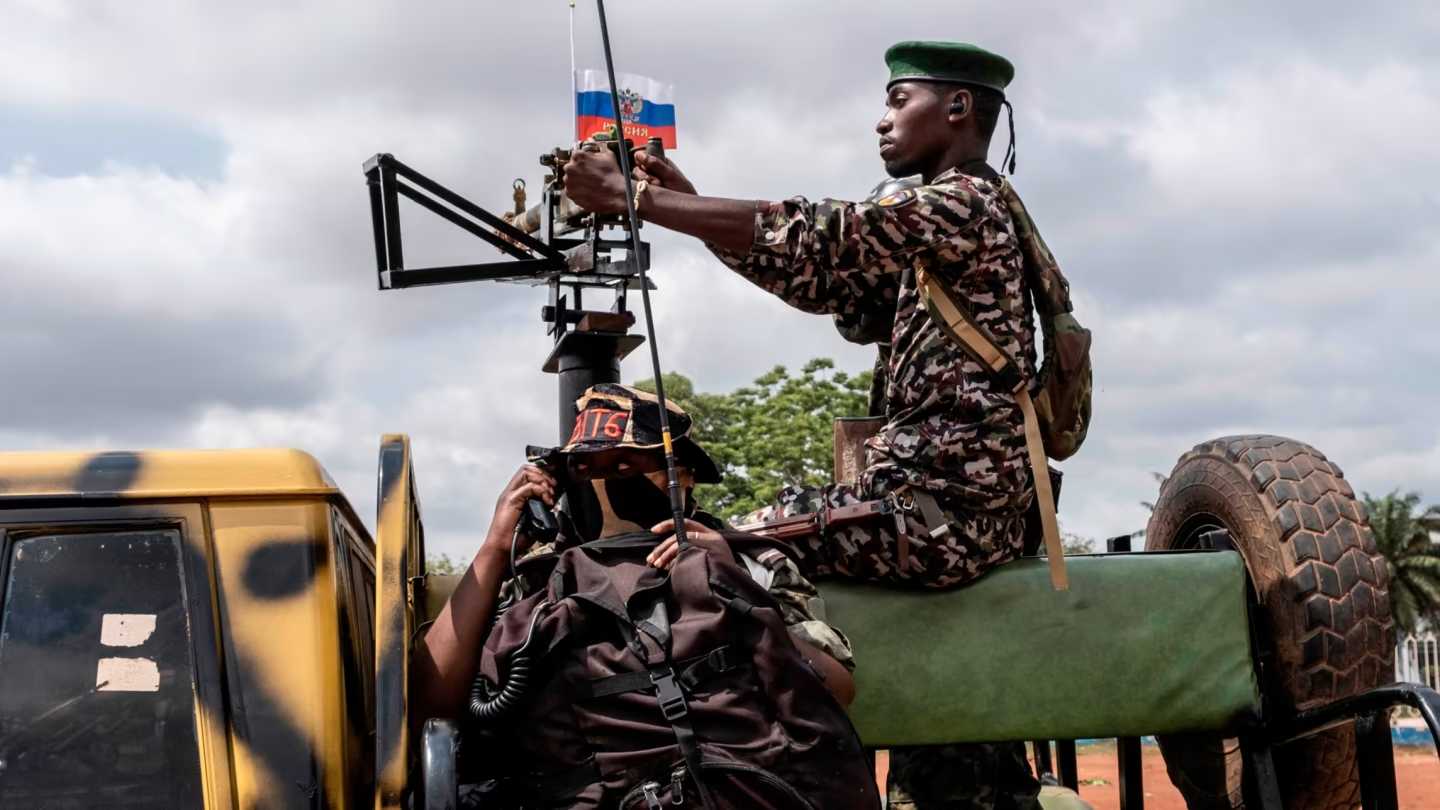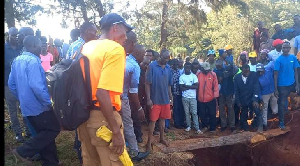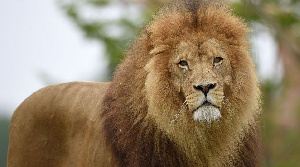
King Goodwill Zwelithini, who took his last breath in a Durban hospital on Friday morning, served as the Zulu royal monarch for almost 50 years.
In a statement released on Friday, traditional prime minister to the king, Prince Mangosuthu Buthelezi, confirmed the tragic news.
“It is with the utmost grief that I inform the nation of the passing of His Majesty King Goodwill Zwelithini ka Bhekuzulu, King of the Zulu Nation. Tragically, while still in hospital, His Majesty’s health took a turn for the worse and he subsequently passed away in the early hours of this morning.”
King Zwelithini was crowned as the eighth monarch of the Zulus at a traditional ceremony in Nongoma in KwaZulu-Natal, attended by 20,000 people, on December 3 1971.
He was born on July 14 1948 at Nongoma in KwaZulu-Natal. He was the eldest son of King Cyprian and his second wife, Queen Thomo, and was educated at the Bekezulu College of Chiefs and then privately tutored.
According to the website sahistory.org, King Zwelithini lived at his father’s official residence at Khethomthandayo and received formal instruction in traditional Zulu customs.
AmaRharhabe kingdom mourns the death of royal uncle, Zulu King Zwelithini
“In 1968 his father died and a regent was appointed to look after the administration of the royal affairs while King Zwelithini completed his education. A heated debate ensued between the SA government and the KwaZulu-Natal royal family over the choice of regency.”
Following his coronation, the country’s constitution made the king’s role ceremonial and subject to the authority of the chief minister, Buthelezi.
“Tensions arose between the two leaders. In 1975 Buthelezi accused King Zwelithini of meddling in party politics. As a result the KwaZulu-Natal government demanded Zwelithini obtain cabinet approval to travel outside the Nongoma tribal authority area.
“In 1979 Buthelezi further accused King Zwelithini of conspiring with the Mozambican government and rejected the king’s branding of the KwaZulu-Natal government as the puppet of the SA government. He was further charged with trying to form a political party, Inala, aimed at giving him power to appoint the Kwazulu-Natal chief minister.
“In reply to these allegations the KwaZulu-Natal government issued a protocol guide which limited King Zwelithini’s constitutional role. He refused to address the KwaZulu-Natal legislative assembly as was his norm and rumours of his unseating abounded. Buthelezi’s response was to cut the royal salary and an inquiry was launched into the allegations of misconduct. Part of the investigation was into King Zwelithini’s alleged support of armed revolution.
Prince Mangosuthu Buthelezi — the politician who has seen it all
“In 1979 King Zwelithini denied the allegations, including a claim that he advocated violence in KwaZulu-Natal to overthrow the Zulu state. The KwaZulu-Natal government eventually restored his salary,” SA History reports.
In 1989 he attacked the ANC leadership for not inviting himself and Buthelezi to a rally welcoming back the Rivonia triallists, who had been released after almost three decades of imprisonment.
“In 1991 he called for peace at a May Day rally and accused the ANC of fostering anti-Zulu feelings. During the Convention for a Democratic SA (Codesa) King Zwelithini’s status became a point of bitter contention between Buthelezi and the Codesa delegates. In an about-face, Buthelezi refused to attend Codesa 2 in May 1992 to protest about the lack of clarity on the future of the king’s position. In July 1992, Nelson Mandela assured King Zwelithini that his status was assured under a new government. This created wider expectations of a dispensation inclusive of various ethnic monarchs in SA.”
Known for his lavish lifestyle and equally comfortable in a bespoke suit or regal in traditional attire, King Zwelithini’s finances were controlled by the KwaZulu-Natal provincial authorities. His lifestyle and the future of the Zulu royal house has been a matter of much debate.
Last year while the KwaZulu-Natal government tightened its belt to support national government’s Covid-19 fund with a R6bn cash injection, the province decided to increase King Zwelithini’s annual budget by more than R4.5m.
“In 2020/2021, the king support and royal house branch has been allocated R71.3m,” premier Sihle Zikalala said at the time.
King Goodwill Zwelithini’s budget increases to R71.3m
Zikalala said the Zulu monarchy was a key institution in a democratic dispensation that is recognised by the provincial government.
The Ingonyama Trust is a corporate entity established to administer the land traditionally owned by the Zulu people, represented by their king, for the benefit, material welfare and social well-being of the Zulu nation. It owns 29.67% of the land in KwaZulu-Natal.
The trust, land ownership and occupancy is a contested topic and there have been several court cases against it. The trust has been criticised for discriminating against women by limiting their access to ownership of tribal land.
In 2018, King Zwelithini called on all Zulus to donate R5 each for the fight against the proposed dissolution of the Ingonyama Trust. He vowed Zulus would never allow their land be taken away from them and would be prepared to die over the issue.
“Land cannot be removed from the traditional leadership. In fact‚ the land is like the soul of the body of traditional leadership. We will never allow‚ not for one day‚ that we be killed by taking our soul.
“Just like Jerusalem is important to Israel and Palestine‚ and just like Mecca is important to the Muslims‚ the land under Ingonyama Trust is also important to us‚” the king said at the time.
In November 2019, King Zwelithini’s sprawling Enyokeni Palace – which has stood incomplete since 2017 when auditors flagged that upgrades to the compound could soar to R1bn – was in the crosshairs of public protector Busisiwe Mkhwebane.
Royal slush? Protector probes R1bn Zulu palace upgrade mess
The northern KwaZulu-Natal palace – complete with a grandiose amphitheatre with an unfinished roof, a 2.5 million-litre reservoir that leaks, and concrete columns in the arrival court which lie in ruin – has already cost the taxpayer R129m.
The public protector’s office was to investigate whether department of arts and culture officials diverted funds to favour the monarch and appointed their mates to do the work.
Dr Andile Hlatshwayo, of the not-for-profit organisation Ubumbano Lokuthula, laid a complaint with Mkhwebane’s office early in 2019. Of the preliminary issues raised by Hlatshwayo and by media reports, the public protector was to ascertain “whether the department improperly diverted public funds, which were appropriated from other projects and used for the cultural village at the Enyokeni Palace in Nongoma, and if so, whether such conduct constitutes improper conduct and maladministration”.
Champion of rural women’s rights Sizani Ngubane, who died of complications related to Covid-19 in January, was at the forefront of a high court case against the Ingonyama Trust. Ngubane’s Rural Women’s Movement and its members are applicants in a high court case against the Ingonyama Trust, its board, ministers and others relating to the alleged imposition of leases by the trust, and rentals to be paid to them by the rural poor. The matter is pending.
King Zwelithini died in hospital on Friday in hospital after he was admitted last month following “several unstable glucose readings”.
He is survived by his six wives and 28 children. His eldest son and immediate heir to the throne, Prince Lethukuthula Zulu, died in November last year.
TimesLIVE





